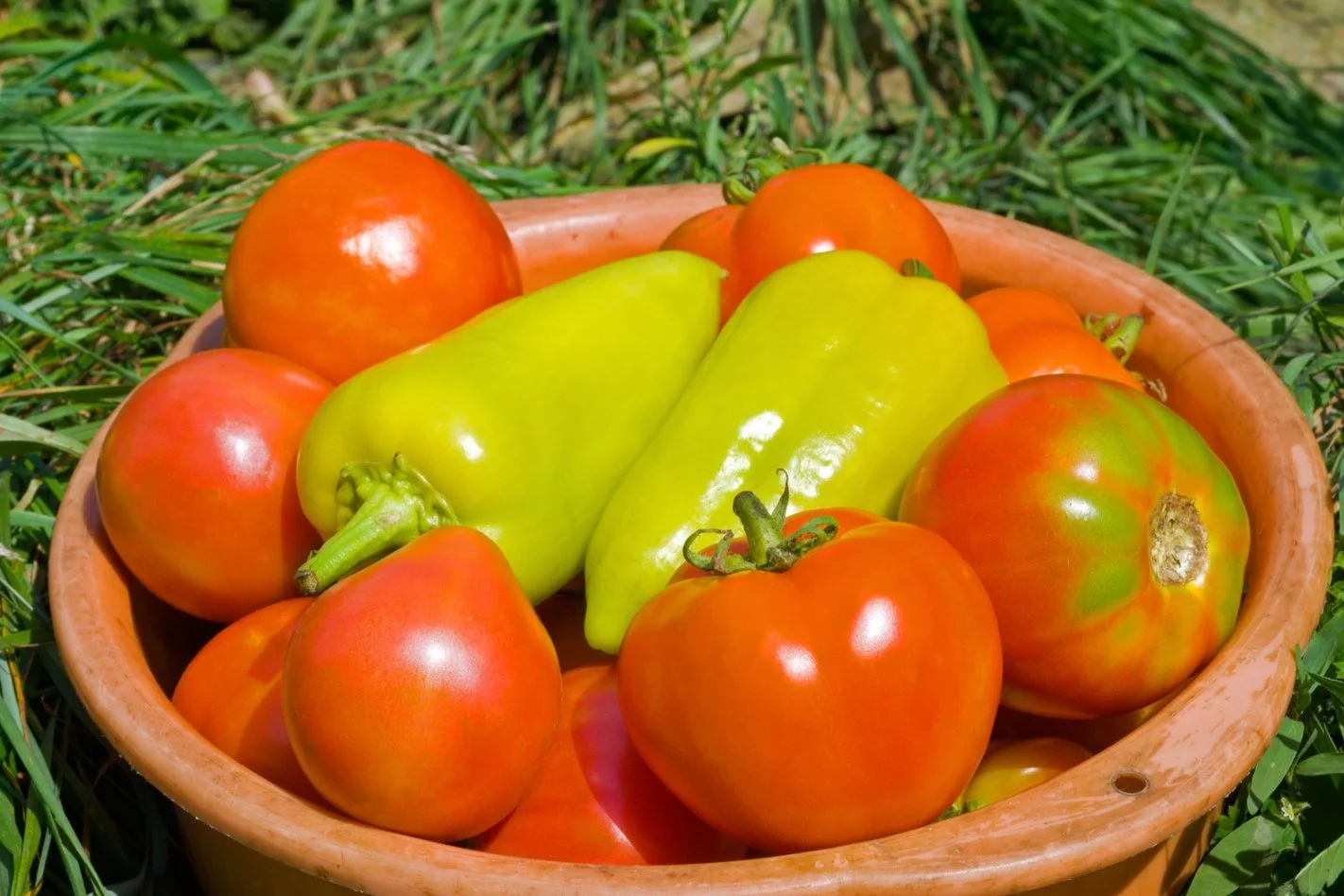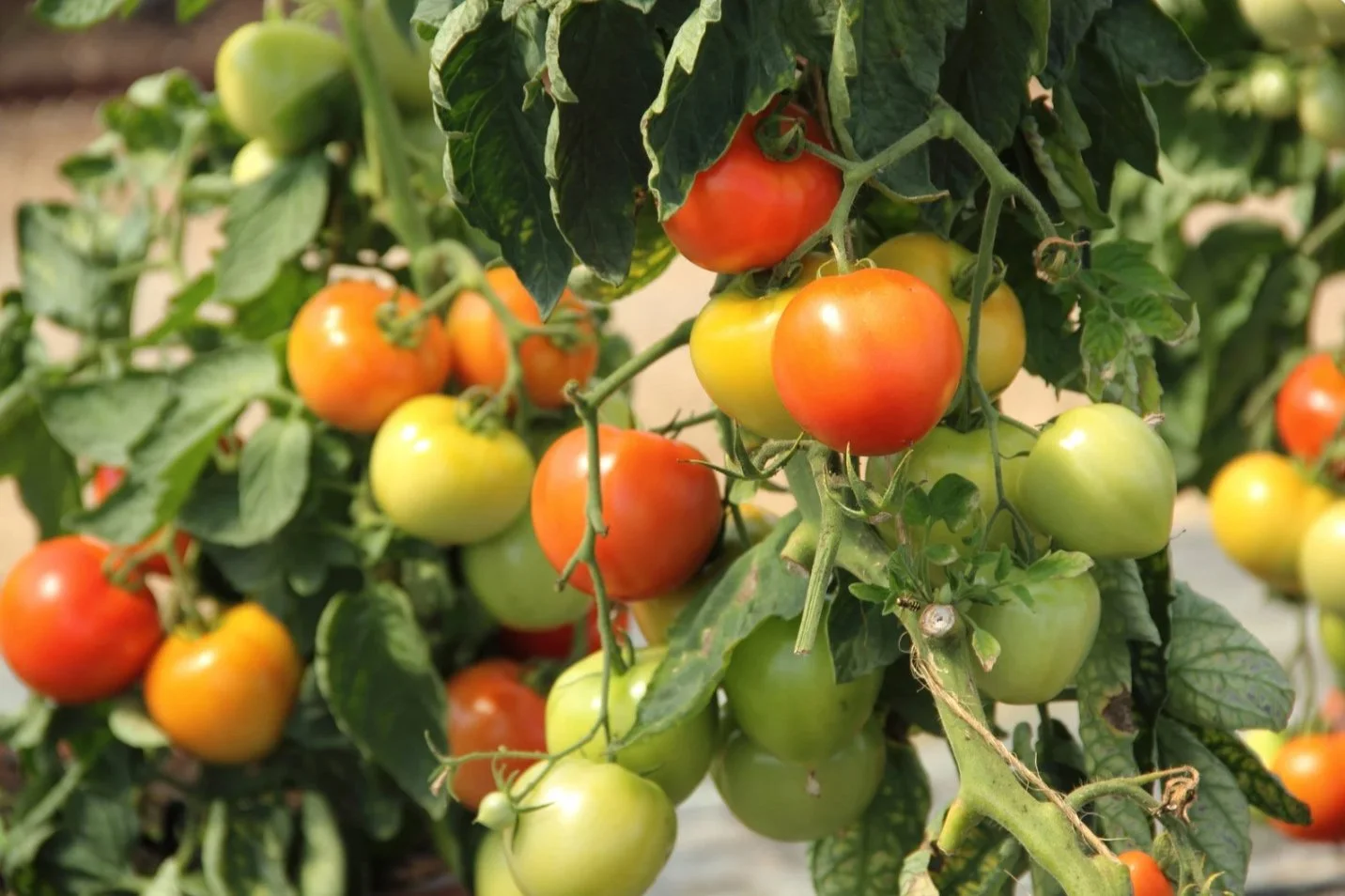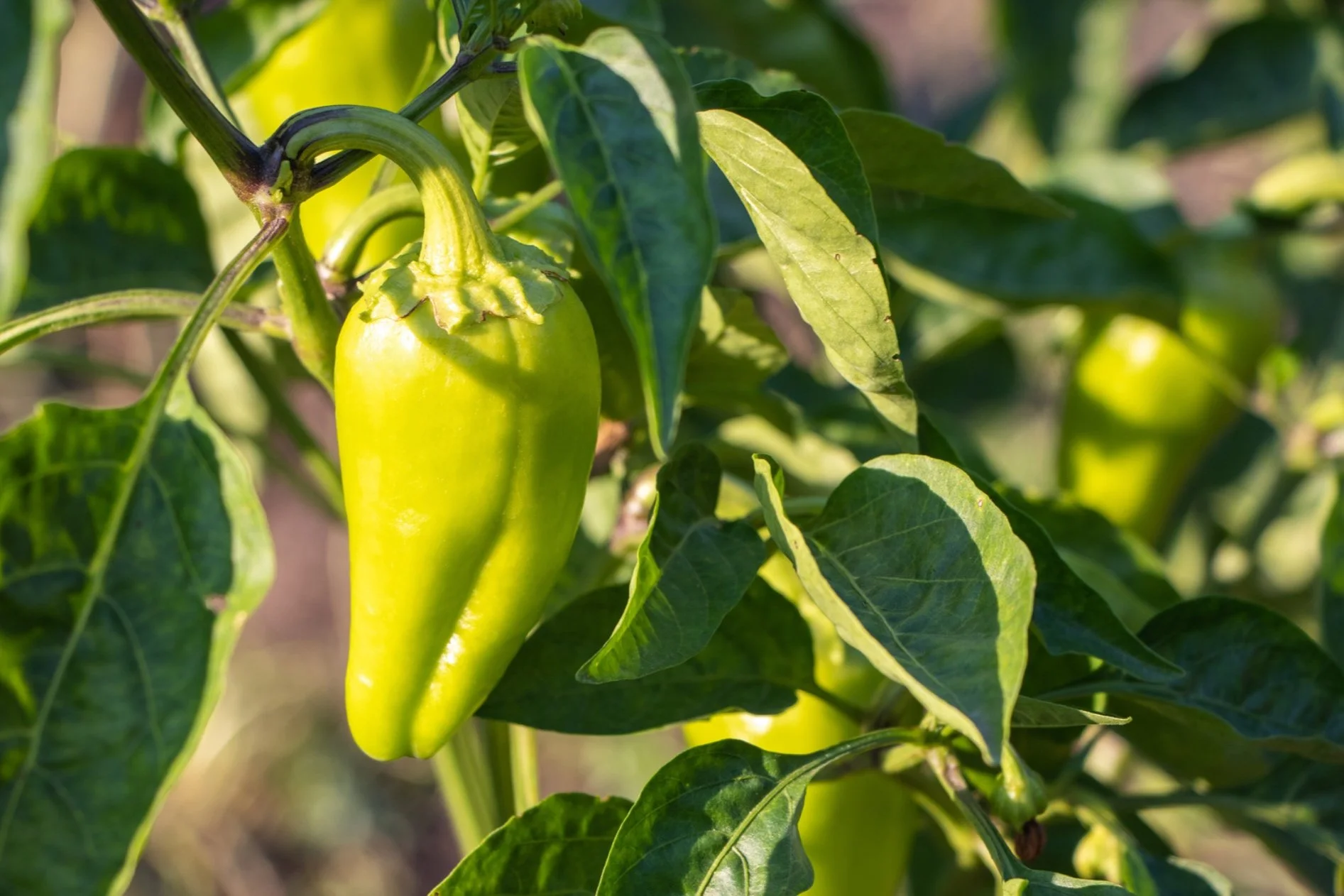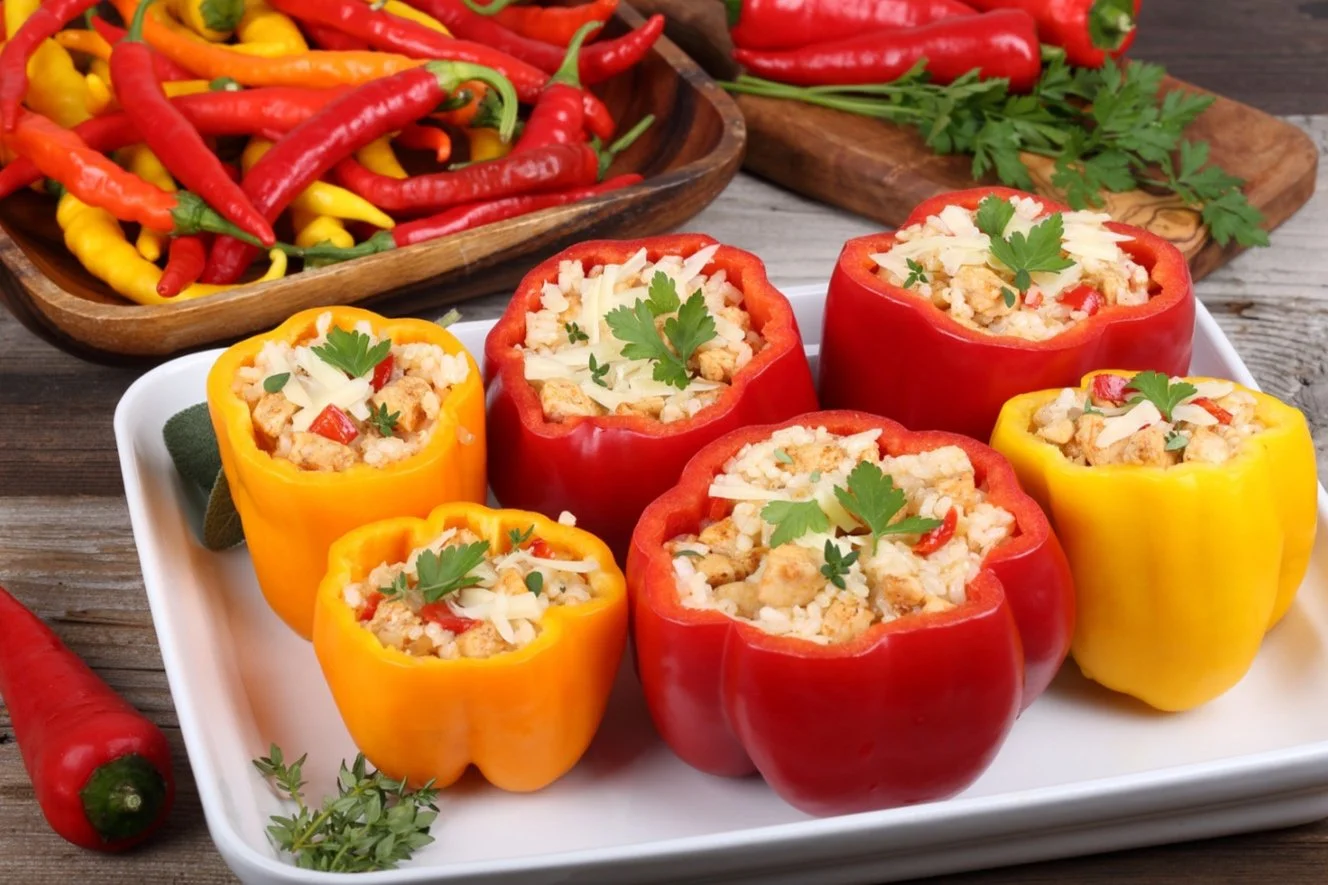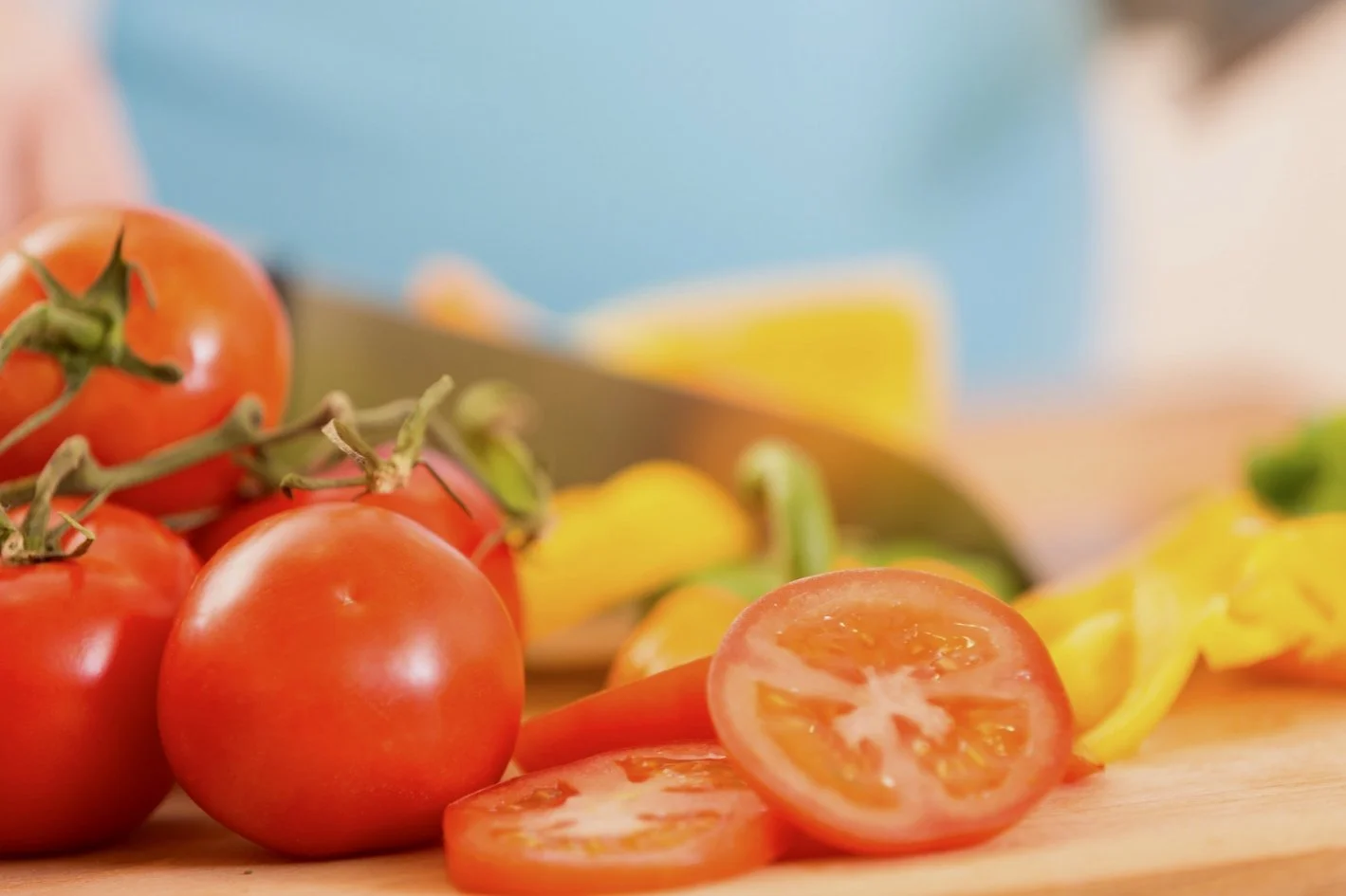Why Tomatoes & Peppers Get a Bad Rap
If there were a high school for veggies, tomatoes and peppers would be the kids unfairly labeled as “troublemakers.” You know, the ones everyone gossips about, but who actually have hearts of gold.
Why? Because they’re in the notorious nightshade family. (Cue the dramatic music).
Let’s Talk Tomatoes
Let’s unpack this botanical soap opera. Nightshades include tomatoes, peppers, eggplants, potatoes, and even goji berries. They all contain compounds called alkaloids — specifically solanine — which some claim can worsen inflammation or cause joint pain. This idea has floated around health circles for years. And yes, if you eat a truckload of green potatoes, you might regret your life choices. But for most of us, the evidence doesn’t hold up to that level of drama.
In fact, research suggests that for the average healthy person, nightshades can be a boon rather than a bane. Tomatoes are loaded with lycopene, an antioxidant famous for fighting oxidative stress — a key player in chronic inflammation. One large review published in the journal Molecular Nutrition & Food Research highlights how lycopene can help lower markers of inflammation, support heart health and even reduce certain cancer risks. (Tomato sauce for the win!)
And What About Peppers
Peppers, both sweet and spicy, also deserve redemption. Peppers are packed with vitamin C (one medium bell pepper can provide more than 150% of your daily requirement!), along with beta-carotene and a compound called capsaicin. Capsaicin is the fiery compound in hot peppers that makes your eyes water. But scientifically speaking, it’s been shown to have anti-inflammatory and pain-relieving properties. Research shows that capsaicin can even help reduce systemic inflammation and improve metabolic health.
Are Tomatoes & Peppers for You
It’s true that some individuals with specific sensitivities or autoimmune flare-ups might need to limit or temporarily avoid nightshades to see if their symptoms improve. If that’s you, listen to your body and work with a qualified practitioner — not just your cousin’s friend who once did a juice cleanse and now thinks they’re a health guru.
But for the rest of us, adding tomatoes and peppers to your plate can help build a diet rich in color, flavor and powerful plant compounds. Think vibrant salsas, zesty tomato sauces, roasted peppers drizzled in olive oil — meals that taste like summer and nurture your body from the inside out.
Let’s Get Emotional
And let’s not forget the emotional benefits. There’s something deeply satisfying about biting into a sun-ripened tomato fresh from your own garden or slicing into a crisp pepper that makes you feel like a culinary artist. That joyful connection to food can help lower stress, which is yet another sneaky contributor to inflammation.
So, instead of banishing tomatoes and peppers to the dietary detention hall, consider giving them a prime seat at your next meal. They’re colorful, nutrient-dense and, if you ask nicely, they might even help your joints feel better — not worse.

